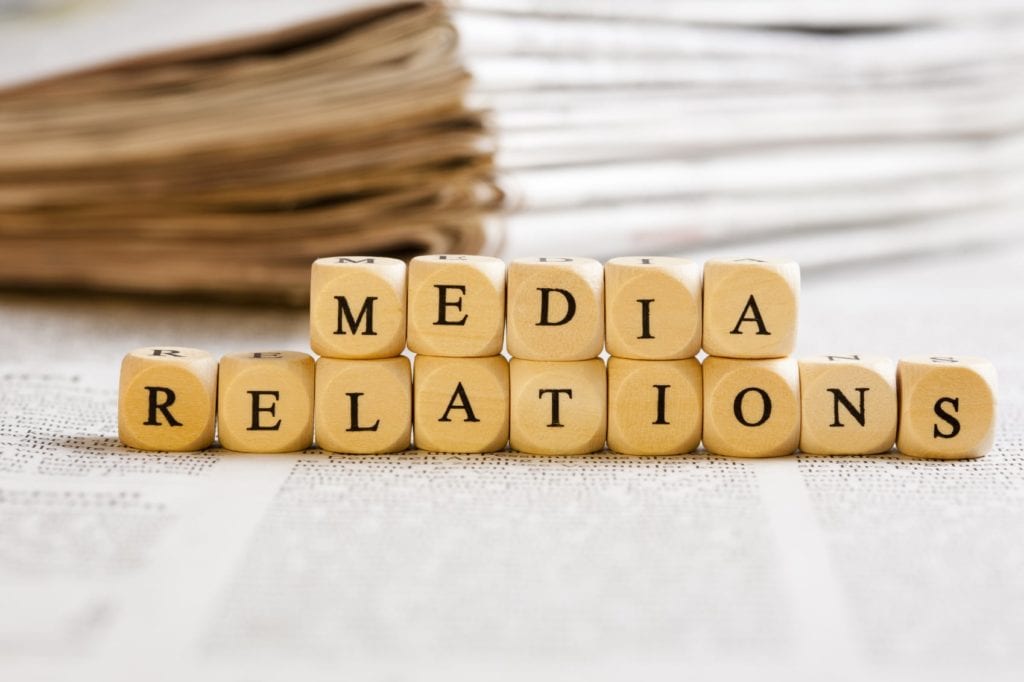
 Put a few reporters on a panel at a conference packed with PR pros and you'll hear a lot of grumbling. The reporters will gripe about the dozens—hundreds?—of emails sent to them daily by PR pros who haven't bothered to learn who they are and what they write about, and who they write for. They'll complain about company websites that lack real PR contacts and email addresses ([email protected] doesn't count). They'll fume about unanswered emails.
Put a few reporters on a panel at a conference packed with PR pros and you'll hear a lot of grumbling. The reporters will gripe about the dozens—hundreds?—of emails sent to them daily by PR pros who haven't bothered to learn who they are and what they write about, and who they write for. They'll complain about company websites that lack real PR contacts and email addresses ([email protected] doesn't count). They'll fume about unanswered emails.
This negativity stems partly from the brutal pressure they're under as they watch media outlets around them shed salaried journalists and as they see their work being judged solely on the sum of their social shares. In this environment, PR pros are an easy target for their general frustration.
As a PR pro, you know all that, but are you doing everything you can to make your dealings with reporters positive and get them to trust and, yes, need you? These 11 commandments of media relations from Sabrina Kidwai, senior PR manager for ASAE and the Center for Association Leadership, should help put you and your reporter counterparts on the path toward mutual understanding and mutual benefits.
1. Always be honest and upfront with the media because they can tell if you are trying to skirt an issue.
2. Avoid being deceptive with the media.
3. If you don’t know an answer, admit it and tell them that you'll get the answer. Find out when they need to know by and get back to them by their deadline.
4. Accurately define your public relations activities.
5. When pitching news stories, always offer a local angle and talk about how it will impact the readers of the publication or site, or viewers of the program.
6. Send a thank-you note or email and any additional information that was requested to members of the media after you meet or otherwise communicate with them.
7. Don’t bad-mouth your competition to the media. It reflects poorly on your organization and your professionalism.
8. Don’t offer members of the media expensive items to review or give gifts to try to influence them to write a favorable article about your client or company.
9. Act promptly to correct any errors in communication you are responsible for.
10. Reveal all sponsors for causes you are pitching and interests represented.
11. Always respond promptly when members of the media reach out to your organization, even if you or your organization can’t be a source. If you know of other people who can be sources, provide them to the reporter. They will be grateful for your assistance.
These tips were adapted from PR News' Media Relations Guidebook, Vol. 2.
Follow Steve Goldstein: @SGoldsteinAI
